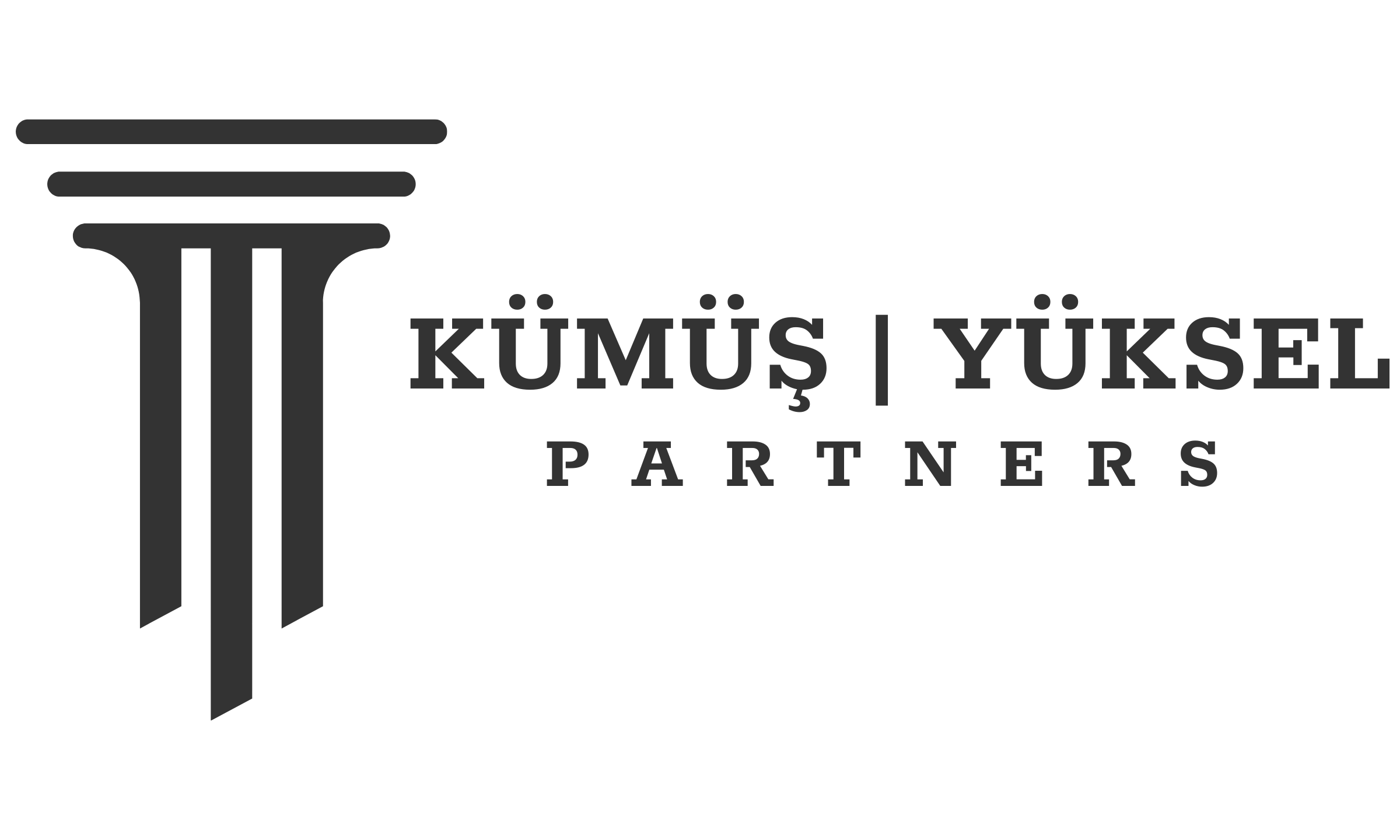Amendments and Innovations in the Turkish Commercial Code No. 6102
1. Overview of the Amendments
A series of innovations and amendments were made to the Turkish Commercial Code No. 6102 with the promulgation of Law No. 7511, published in the Official Gazette dated May 29, 2024. These regulations cover a wide range of areas, from company management processes to critical financial operations such as capital increases. Additionally, these amendments aim to enhance the efficiency of company operations and ensure transparency in legal processes. The new regulations came into effect on May 29, 2024.
2. Distribution of Duties and Selection of the Chairperson in the Board of Directors
One of the most notable changes in the Turkish Commercial Code is the regulation regarding the distribution of duties among the members of the Board of Directors. With the new amendment, the requirement for an annual decision regarding the appointment of the chairperson and deputy chairperson has been removed. This change was implemented to provide companies with greater flexibility in making management decisions. Now, the Board of Directors can appoint the chairperson and deputy chairperson for a fixed period, without the need for reappointment each year. This regulation will be particularly advantageous for companies engaged in long-term planning.
Moreover, the new regulation allows the chairperson and deputy chairperson to serve concurrently. This will facilitate smoother and faster operations, especially for large and multinational companies. The previous difficulties and uncertainties regarding the distribution of duties within the Board of Directors will also be resolved with this amendment. The flexibility in the term of office for the chairperson and deputy chairperson during Board meetings will enable a more efficient management process.
3. Appointment of Branch Managers and Signature Authority
Another significant change concerns the appointment of branch managers and their signature authority. Under the previous regulation, the appointment of branch managers and the delegation of signature authority had to be approved by the Board of Directors, which could slow down operational processes in large companies. However, with the new amendment, the appointment of branch managers and the delegation of signature authority has been removed from the non-transferable authorities of the Board of Directors. This change will allow companies to operate more swiftly and reduce bureaucratic hurdles.
In particular, companies with large branch networks will gain greater flexibility in appointing branch managers. This will allow companies to make quick decisions and improve operational efficiency. The Board of Directors will retain the right to delegate signature authority in any case, facilitating faster decision-making in daily operational processes.
4. Procedure for Calling Board Meetings
The procedure for calling Board meetings is another area where changes have been introduced. The amendment to Article 392 of the Commercial Code now requires the chairperson of the Board to call a meeting upon the written request of the majority of its members. If the chairperson does not respond to the written request within 30 days, or if the chairperson and deputy chairperson cannot be reached, the meeting may be convened directly by the requesting members of the Board. This change will ensure that Board meetings take place without delay and can be held more efficiently.
This regulation will be particularly useful in situations requiring urgent decisions. Previously, delays in calling meetings could result in lost time for companies. Under the new regulation, in urgent situations, Board members will be able to convene meetings without the approval of the chairperson.
5. Termination and Revival of Commercial Registry Records
Changes concerning the termination of commercial registry records and revival lawsuits are also noteworthy. Companies whose registration has been removed from the commercial registry will not be held liable for litigation costs and attorney fees in revival lawsuits filed against the commercial registry offices due to debts. This regulation aims to reduce the liability of commercial registry offices. Under the previous rules, judgments could be made against commercial registry offices in cases involving companies whose registrations had been removed. However, with the new amendment, litigation costs and attorney fees cannot be collected from the commercial registry offices. This change is intended to ensure a fairer legal process for companies whose registration has been terminated due to outstanding debts.
6. Obligations Regarding Capital Increase and Innovations in General Assembly Meetings
The new regulations also impose some important obligations regarding companies’ capital increases. According to the presidential decision, joint-stock and limited liability companies whose minimum capital falls below the level determined will be required to increase their capital by December 31, 2026. Companies that do not increase their capital by the specified date will be deemed dissolved. For joint-stock companies, the minimum capital amount is set at 250,000 Turkish Lira, while for non-public joint-stock companies that adopt the registered capital system, this amount is 500,000 Turkish Lira. For limited liability companies, the minimum capital amount is set at 50,000 Turkish Lira. This change is aimed at strengthening companies’ financial positions and improving their capital structures.
In addition to the regulations on capital increase, no quorum will be required for general assembly meetings when a capital increase decision is being made, and a decision can be reached with a majority of the votes at the meeting. This regulation ensures that the capital increase process will be faster and more efficient. Additionally, no privileges will be used in decisions related to capital increases. This is intended to provide greater transparency and fairness in the management processes of companies.
